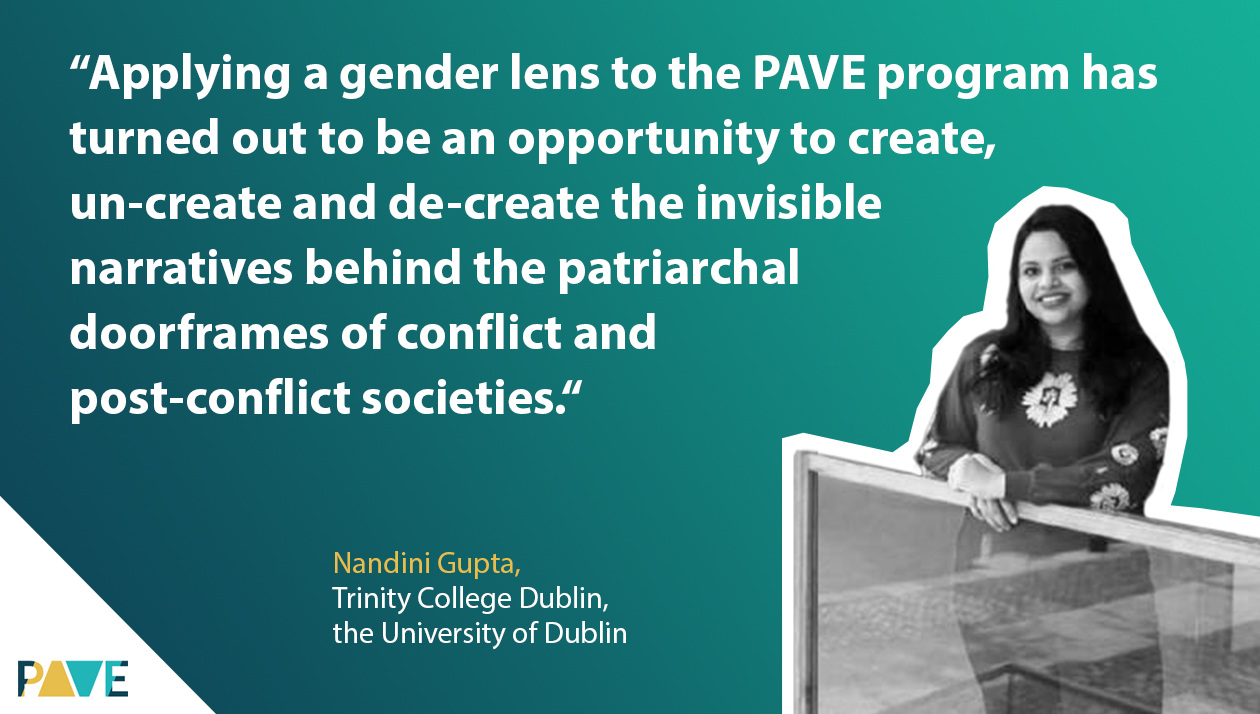Preliminary fieldwork results released in PAVE’s Western Balkans Cross-Thematic Meeting in Belgrade
Belgrade, October 29, 2021: After almost two years, the H2020 PAVE Project partners met again in person in Belgrade on October 29th. The aim of this regional meeting was for researchers to present and discuss preliminary findings from the field work conducted in North Macedonia, Kosovo, Serbia, and Bosnia & Herzegovina. All research teams presented key empirical findings and conceptual implications along the two main axes of the PAVE project: community vulnerability and community resilience towards violent extremism. Cross-cutting topics of gender and transnational dynamics, which constitute an integral part of PAVE’s project, were also touched upon.
ELIAMEP’s PAVE team, represented by Ioannis Armakolas and Bledar Feta, made an extensive presentation of the preliminary findings of the fieldwork the team conducted in North Macedonia in July 2021. Within the implementation of the PAVE project, the team of ELIAMEP’s South-East Europe Programme conducted research in two field sites in North Macedonia, notably in Tetovo and Kumanovo. During the 25-days presence in the terrain, the team, through the organization of focus group discussions and conducting key informant interviews, managed to collect empirical data, serving the objective of PAVE’s respective Work Packages.
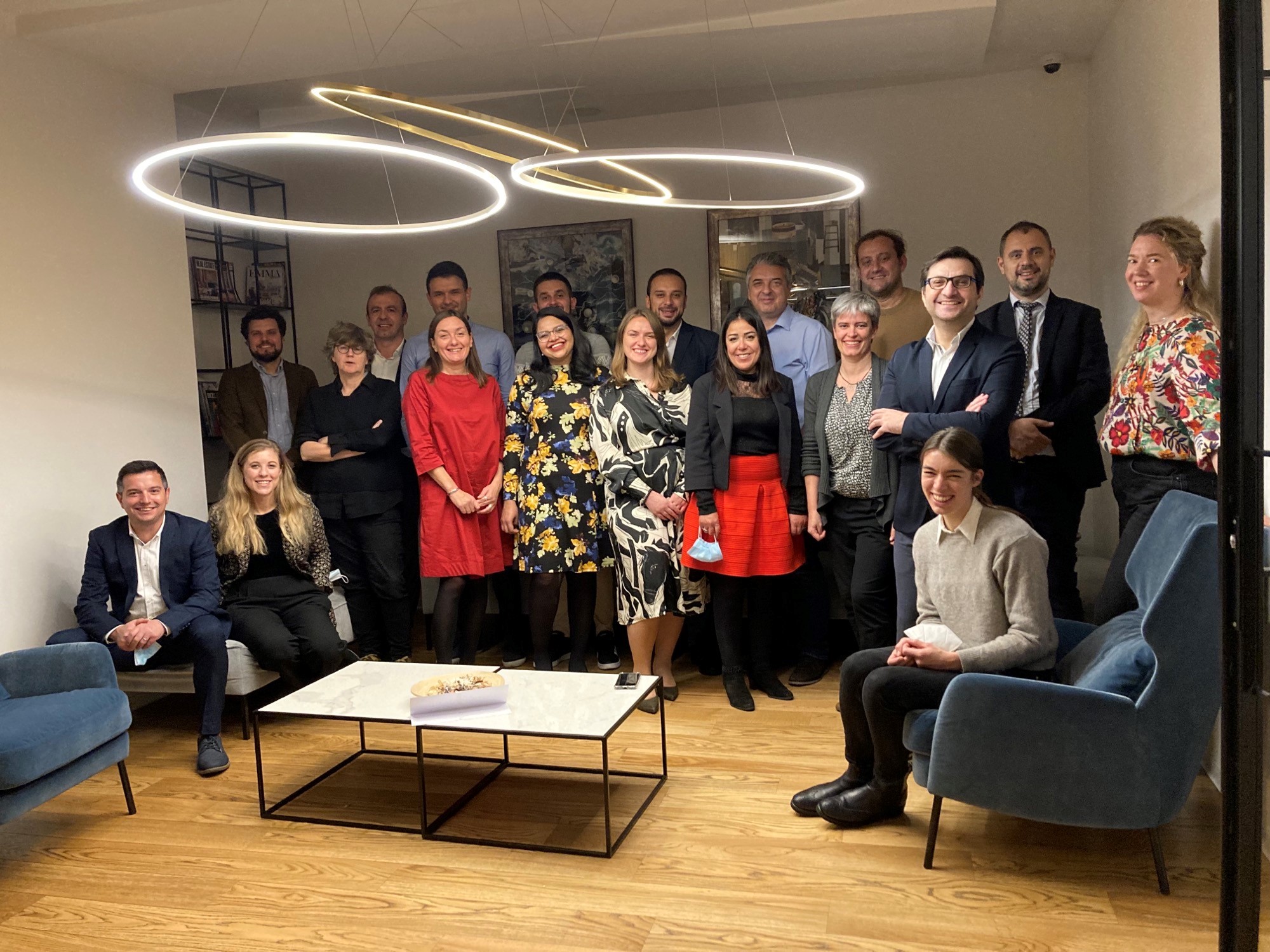
The team organized 4 focus-group discussions and conducted 29 semi-structured interviews with civil society activists/members, politicians, religious community leaders, public servants working in the police, in security departments, in education, in social work, journalists and other media professionals, academics and other experts. In addition, the team was engaged in a discourse analysis of secondary sources examining 29 Facebook pages, groups, and YouTube channels in the Macedonian language and 32 pages in the Albanian language.
The empirical data from the fieldwork as well as the discourse analysis revealed that radicalization, as a process, and violent extremism, as a result, are enabled, fueled, and shaped by several factors and drivers which operate in a particular local context in Tetovo and Kumanovo, affecting both ethnic communities. The overwhelming majority of the participants acknowledge that the reasons behind radicalization and extremism are rooted in a lack of support by the state and the dysfunctional educational system and mostly, the absence of prospects for the future, especially for the young people. The Internet was also singled out as a significant factor in enabling radicalization and extremism, as there is virtually no control over the ideas that circulate via social media.
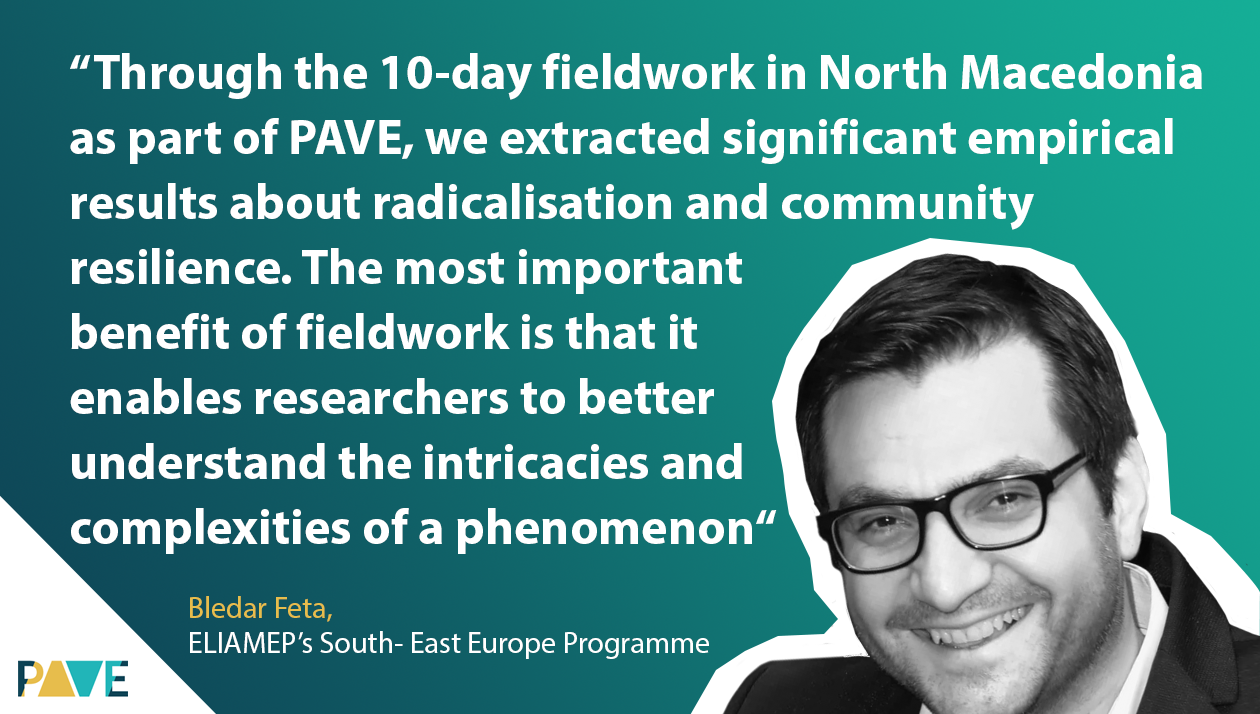
Some of the commonly agreed issues among the participants included the lack of meaningful means for both schools and parents to monitor cases when young people are ‘exposed’ to radical material. Another problem, related to education, is the separate classes and schools for ethnic Macedonians and ethnic Albanians and the lack of proper knowledge of the latter of the Macedonian language, since ethnic coexistence works against radicalization.
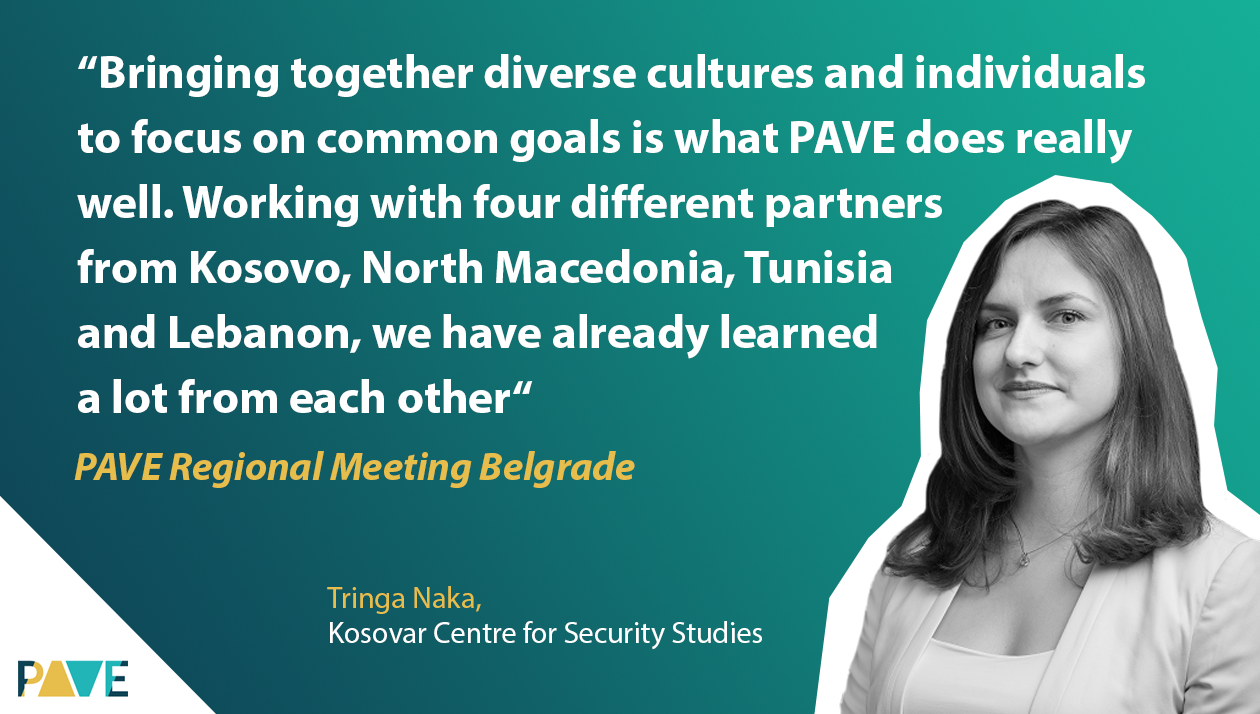
Most participants have highlighted the role of the international community in countering violent extremism, but the general impression is that internationals have shaped or even have imposed the agenda in ways that suited their preconceptions, overlooking the local concerns. One of the most important findings is linked to the role of diaspora with most participants in the fieldwork seeing it as a factor of both community vulnerability and resilience. When it comes to gender, from the fieldwork it did not turn out that women are regarded as more or less vulnerable to radicalization than men.
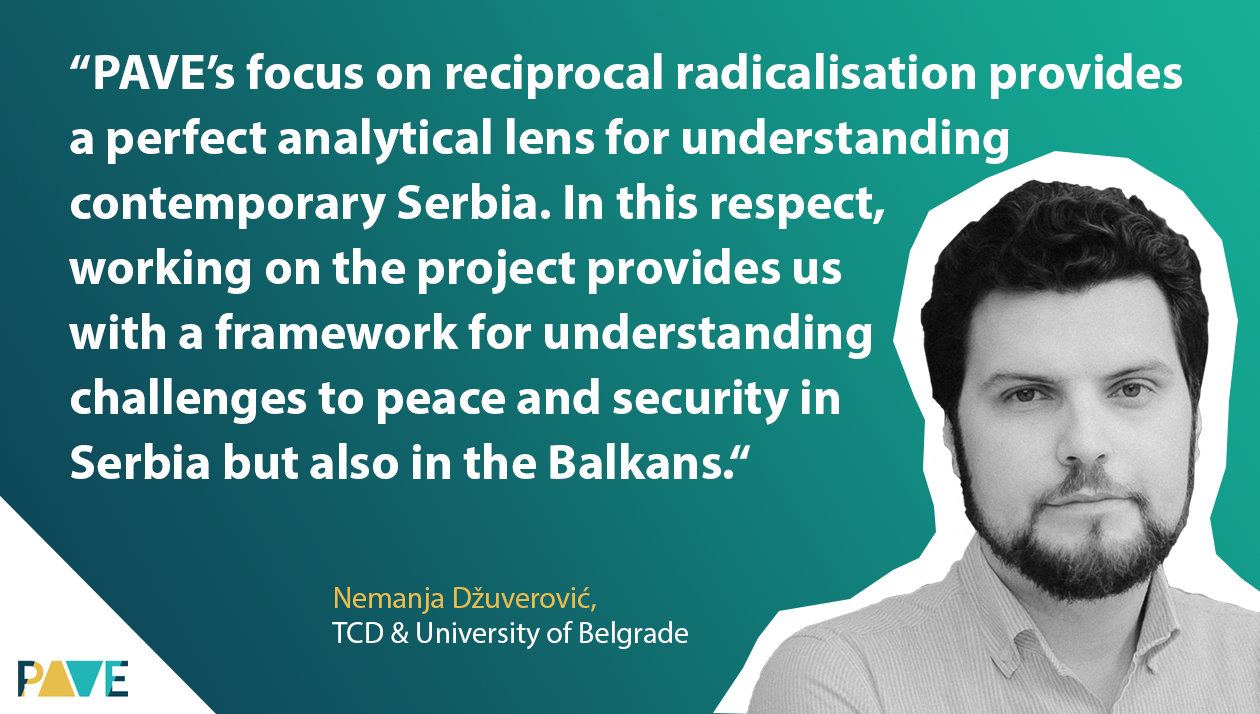
All the above empirical data as well as the results from the discourse analysis will be used for drafting a collective Working Paper, which will include country reports from the Western Balkan and MENA region and will be published at the end of the year.
